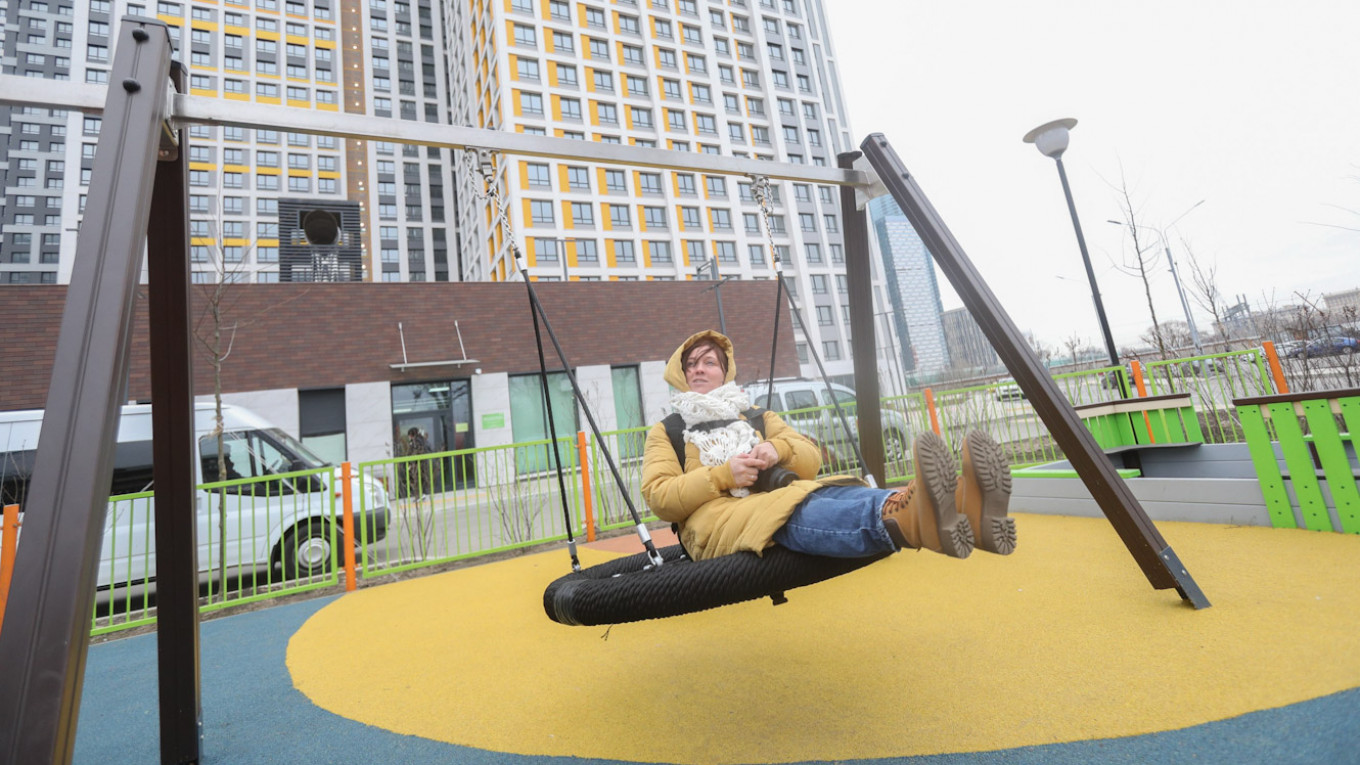Residential house prices across Russia could fall by up to a third over the next two years, a Russian housing think tank has said.
Despite government subsidies to provide cheap mortgages, and a rapid boom in the affordability of houses over the last decade, the economic fallout of the coronavirus is expected to crush demand and send house prices down 20-30% by the end of 2021, Tatiana Polidi, executive director of the Institute of Urban Economics wrote in the Vedomosti daily Tuesday.
In each of the last two crises, house prices held up as unemployment peaked at only 5.5%, however, comparisons with the last bouts of economic turmoil which have hit Russia are not appropriate this time around, Polidi said.
“A sharp increase in unemployment is expected along with a decrease in real incomes due to the suspension of many companies and possible bankruptcies.”
She added: “The current crisis has a completely different nature — a controlled contraction of the economy against the background of stable low inflation and a relatively stable national currency. In these conditions, the risk of a decline in housing prices — not a correction, but a radical decline by 20-30% — in 2020-2021 is already quite real.”
Since 2010, the share of Russian households able to afford an average mortgage has doubled to 49%. The government has unveiled a program of subsidized mortgage rates as part of its response to the coronavirus crisis, but this is unlikely to shore up demand as living standards are expected to suffer significantly.
Falling property prices could heap problems on Russia’s banking system, as the collateral of underlying mortgages dips, while residential construction is also predicted to fall by as much as 40% in the coming years. Nevertheless, the crisis might trigger an overdue modernization in Russia’s housing sector, Polidi argues.
“The housing sector in Russia is quite archaic in its institutional structure — a narrow choice of housing formats, poor variety of architectural and urban planning projects, and weak penetration of new technologies. In my opinion, overcoming such archaism is much more likely in a recession, rather than during a period of economic growth.”
A Message from The Moscow Times:
Dear readers,
We are facing unprecedented challenges. Russia's Prosecutor General's Office has designated The Moscow Times as an "undesirable" organization, criminalizing our work and putting our staff at risk of prosecution. This follows our earlier unjust labeling as a "foreign agent."
These actions are direct attempts to silence independent journalism in Russia. The authorities claim our work "discredits the decisions of the Russian leadership." We see things differently: we strive to provide accurate, unbiased reporting on Russia.
We, the journalists of The Moscow Times, refuse to be silenced. But to continue our work, we need your help.
Your support, no matter how small, makes a world of difference. If you can, please support us monthly starting from just $2. It's quick to set up, and every contribution makes a significant impact.
By supporting The Moscow Times, you're defending open, independent journalism in the face of repression. Thank you for standing with us.
Remind me later.






